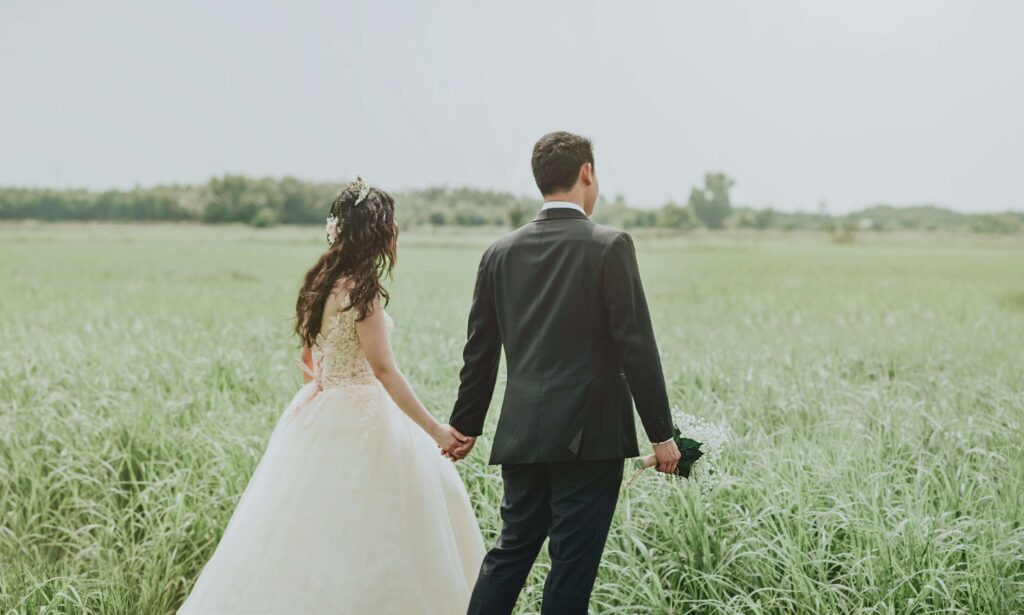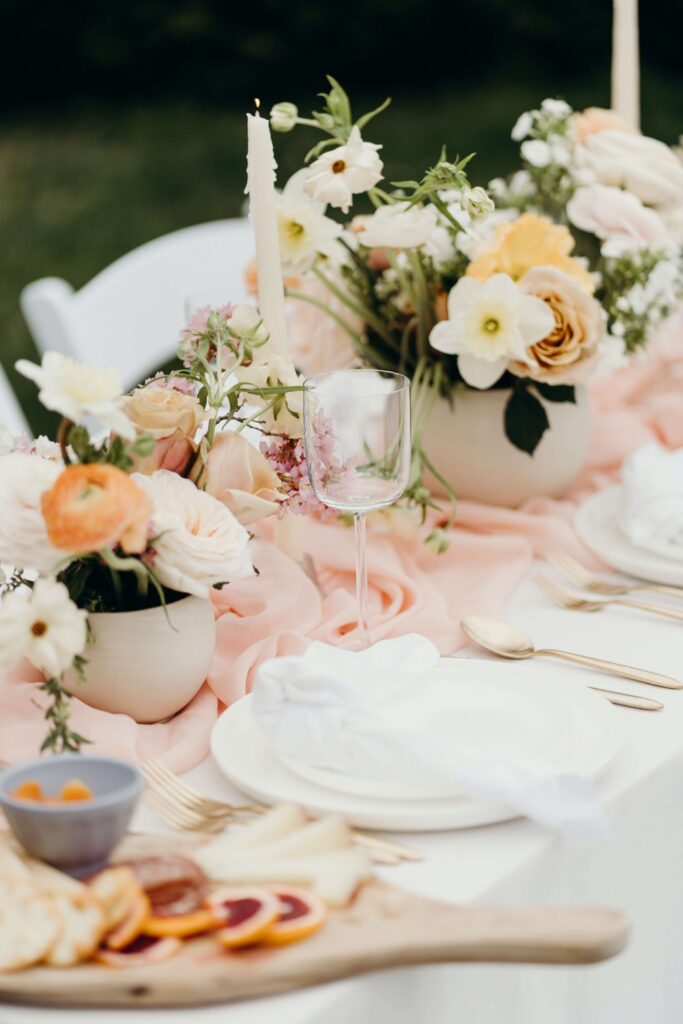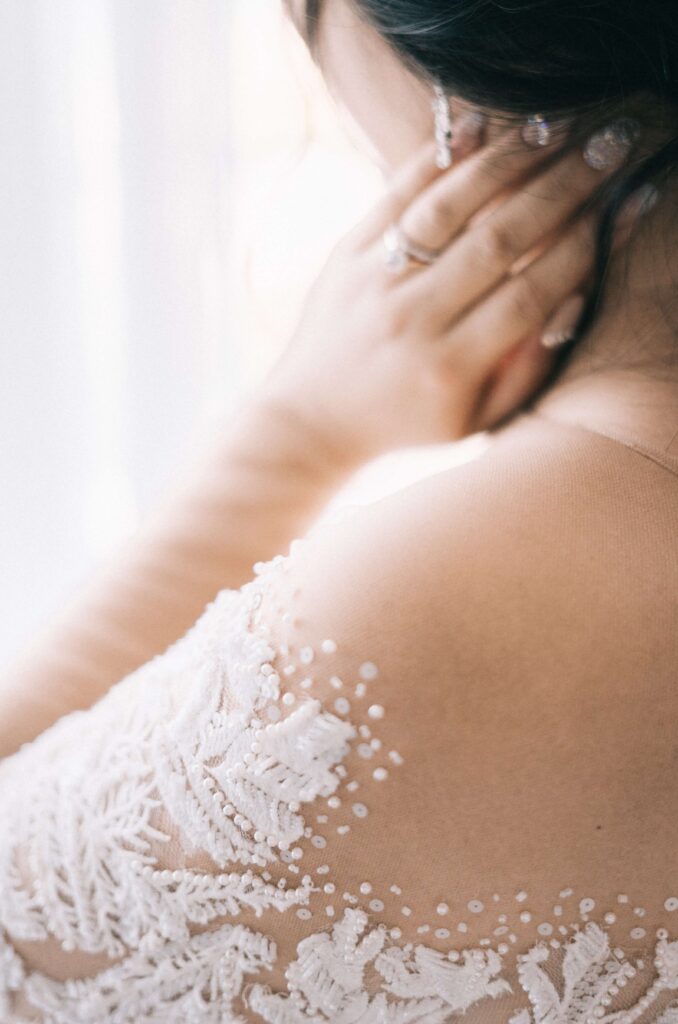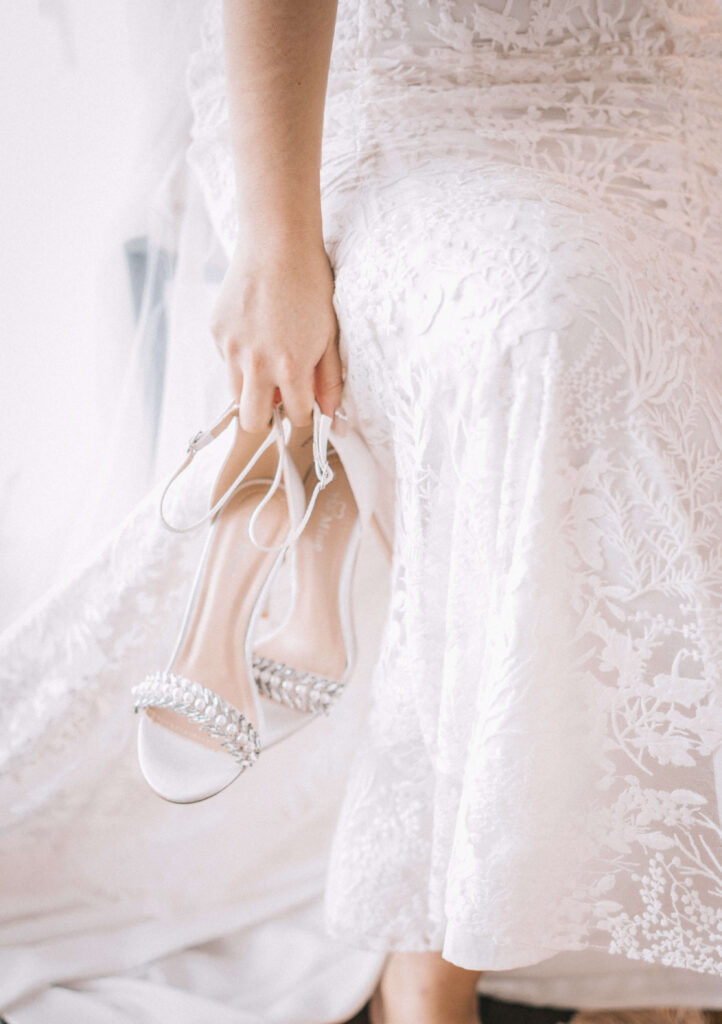Sharing Wedding Photos the Right Way

Today, more than ever, sharing wedding photos has become more accessible and instantaneous than ever before. For wedding professionals and photographers, the practice of sharing these precious moments with vendors is an essential part of their business as it facilitates collaboration and portfolio building. However, it’s crucial to understand the etiquette and legalities surrounding this practice to maintain trust and uphold professional standards.
To help you break down the nuances of sharing wedding photos with vendors, I have compiled a perceptive article providing valuable insights for wedding professionals and photographers.
The Digital Age of Wedding Photography
In recent years, wedding photography has undergone a transformation thanks to the proliferation of smartphones and social media platforms. Couples and guests are quick to capture and share their favorite wedding moments, creating a wealth of digital content.
Wedding professionals and photographers must adapt to this changing landscape to harness the potential benefits and address the challenges it presents. Before we get into the nitty gritty of photo-sharing etiquette and legality, let’s dive into why sharing wedding photos can benefit you and your wedding business.
The Benefits of Sharing Wedding Photos
First off, a huge benefit of sharing wedding photos with vendors is that it can foster collaboration among professionals involved in a wedding. As an example, florists, makeup artists, caterers, and photographers can showcase their work, creating a symbiotic relationship that benefits everyone involved.
For photographers, wedding photos are a valuable addition to their portfolio. These images not only demonstrate their skills but also highlight their ability to capture the essence of a couple’s special day. This can lead to more bookings and increased visibility within the industry, another leading reason why sharing wedding photos is beneficial to your wedding business.
Lastly, it can make your clients even happier on their big day. This is because couples appreciate it when their wedding vendors work together seamlessly. By sharing photos, vendors can showcase their commitment to delivering an organized and memorable wedding experience.

The Etiquette of Sharing Wedding Photos
Okay, now that you are familiar with the WHY around sharing wedding photos, it’s time to touch on the etiquette of sharing wedding photos. The following recommendations will help to ensure that you are sharing photos in a way that is respectful to the newlyweds and won’t hurt your reputation:
- Seek Consent: Before sharing any wedding photos, it’s essential to obtain consent from the couple. They may have specific preferences regarding which images are shared and where they appear. Respect their wishes and ensure your actions align with their vision.
- Give Credit: When sharing wedding photos on social media or professional websites, always credit the photographer. Proper attribution not only respects the photographer’s work but also promotes transparency and professionalism within the industry.
- Timeliness: Share wedding photos in a timely manner. Couples and vendors alike are eager to see the results of their hard work. Avoid unnecessary delays but prioritize quality over speed.
- Sensitive Content: Exercise discretion when sharing wedding photos. Avoid posting images that may be considered sensitive or personal without prior approval from the couple. Respect their privacy and feelings.
Legal Considerations
Let’s talk about the legal factors that you should consider before posting or sharing any of the wedding photos you may have taken:
- Copyright Ownership: Wedding photographers typically retain copyright ownership of the images they capture unless a different agreement is reached. It’s essential for vendors to respect copyright laws and secure permission for any use beyond what is agreed upon in their contracts.
- Contracts and Agreements: Clear contracts between vendors, including photographers and the couple, are essential. These contracts should outline the terms of image usage, including whether vendors can use the images for promotional purposes.
- Model Releases: In some cases, images may feature individuals other than the couple, such as guests or venue staff. Ensure that proper model releases are obtained if these images are to be used for promotional purposes.
- Social Media Policies: Develop a social media policy that outlines the guidelines for sharing wedding photos online. Additionally, you should ensure that all team members and vendors understand and adhere to these policies in order to avoid confusion.
Best Practices for Wedding Professionals
When it comes to best practices, communication is key. It’s crucial to establish clear lines of communication with both the couple and fellow vendors. To achieve this, you can engage in discussions about expectations regarding the use of wedding photos, ensuring that everyone is on the same page. Furthermore, it is important that you address any concerns upfront to prevent misunderstandings down the line.
When sharing wedding photos, maintain consistency in branding. This consistency helps in creating a cohesive online presence, making your work easily recognizable. Overall, consistent branding contributes to a professional image within the industry.
Furthermore, instead of overwhelming your online channels with numerous images from a single wedding, opt for a more selective approach. Choose a few high-quality shots that best represent your skills and the essence of the event. Prioritizing quality over quantity demonstrates professionalism and allows potential clients to focus on your expertise.
Lastly, encourage engagement with your shared wedding photos. Be responsive to comments and messages, fostering a sense of interaction with your audience. Additionally, consider using relevant hashtags to increase the visibility of your work and reach a broader audience. Engaging with your audience enhances your online presence and can lead to increased business opportunities.

Contractual Considerations for Sharing Wedding Photos:
When entering into a contract with your clients for wedding photography services, it’s imperative to address the terms and conditions related to the sharing of wedding photos. Here are key elements to include in your contract:
Usage Rights and Restrictions
Both parties’ usage rights should be clearly stated. Limit who can see the pictures and where they can be displayed. Make it clear that the photographer can use the photos for anything from their own website and social media to printed advertisements if they so choose. On the other hand, respect the couple’s right to anonymity by limiting where their photos can be published without their permission.
Timelines for Photo Sharing
Include a timeline for when the couple can expect to receive their wedding photos and when the photographer can begin sharing them publicly. This ensures that expectations are aligned regarding the delivery schedule and any embargo periods, if applicable.
Exclusive Use and Exclusivity Clauses
Some couples may request exclusive use of their wedding photos, meaning they don’t want the photographer to share them with other vendors or third parties. Include any exclusivity clauses in the contract to honor these requests while also outlining any exceptions or conditions.
Model Releases
We mentioned this earlier in the article, but model releases should be another important component of your contracts. If the wedding photos feature individuals other than the couple, such as guests or venue staff, address the necessity of obtaining model releases for any photos that may be used for promotional purposes. Ensure that it’s the photographer’s responsibility to secure these releases.
Photo Credit and Attribution
Specify how the photographer will be credited when photos are shared by the couple or other vendors. This includes guidelines for attributing the photographer’s work on social media, in print materials, and on websites.

Where to Share Wedding Photos
In today’s digital age, various online platforms have emerged as popular channels for sharing wedding photos. Wedding professionals and photographers can utilize these platforms to showcase their work and collaborate effectively with vendors. Here are some notable online platforms commonly used for sharing wedding photos:
- Social Media: Platforms like Instagram, Facebook, and Pinterest have become go-to destinations for sharing stunning wedding photos. Wedding professionals can create visually appealing profiles to engage with their audience and attract potential clients.
- Online Portfolios: Building a professional online portfolio on websites and platforms designed for photographers can help showcase your best work.
- Cloud Storage and File Sharing Services: Utilizing cloud storage services like Google Drive, Dropbox, or specialized platforms designed for photographers can simplify the process of sharing high-resolution photos with clients and vendors securely.
- Client Galleries: Some photographers use client galleries on their websites, allowing couples and vendors to access and download wedding photos conveniently.
Final Thoughts
Sharing wedding photos with vendors is a valuable practice that can benefit all parties involved in a wedding. However, understanding the etiquette and legalities surrounding this practice is paramount. By seeking consent, respecting copyright laws, and adhering to professional standards, wedding professionals and business owners can maintain trust, uphold their reputations, and continue to thrive in the world of wedding businesses.
For more expert wedding business advice, visit Boda Bliss, a business operations mastermind who’s passionate about helping fellow creatives like YOU grow their businesses!
We make your systems and workflows easy breezy by working with you to create tailored, strategic solutions that save you time and make you money.
Ready to have someone streamline your systems?
Leave a Reply Cancel reply
© 2021-2025 BODA BLISS LLC. ALL RIGHTS RESERVED.
PRIVACY STATEMENT
Marketing Operations & Systems Setup for Wedding Professionals
Brand Photography by Lisa Kathan Photography
TERMS & CONDITIONS
Branding and Website Design by Emily Foster Creative